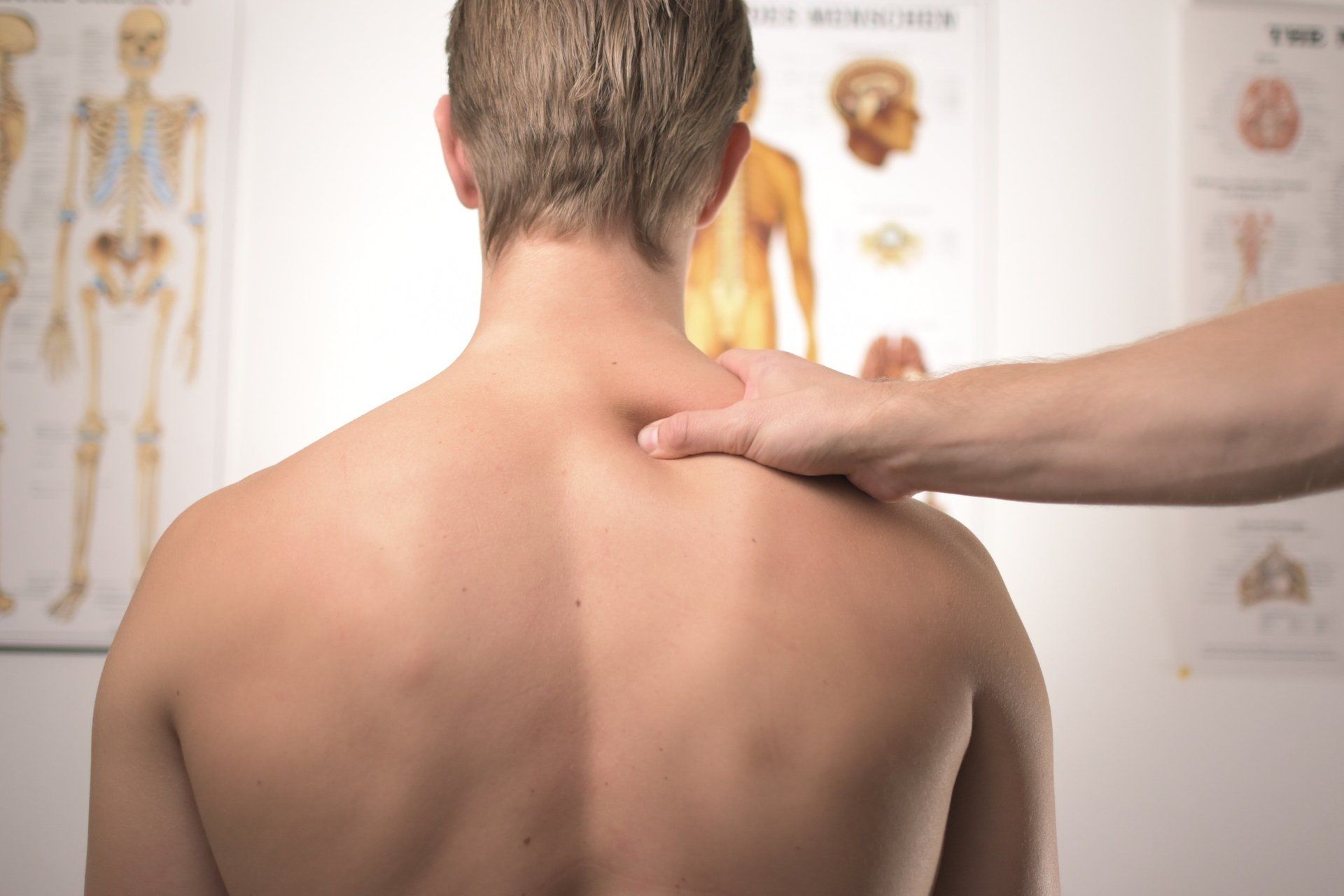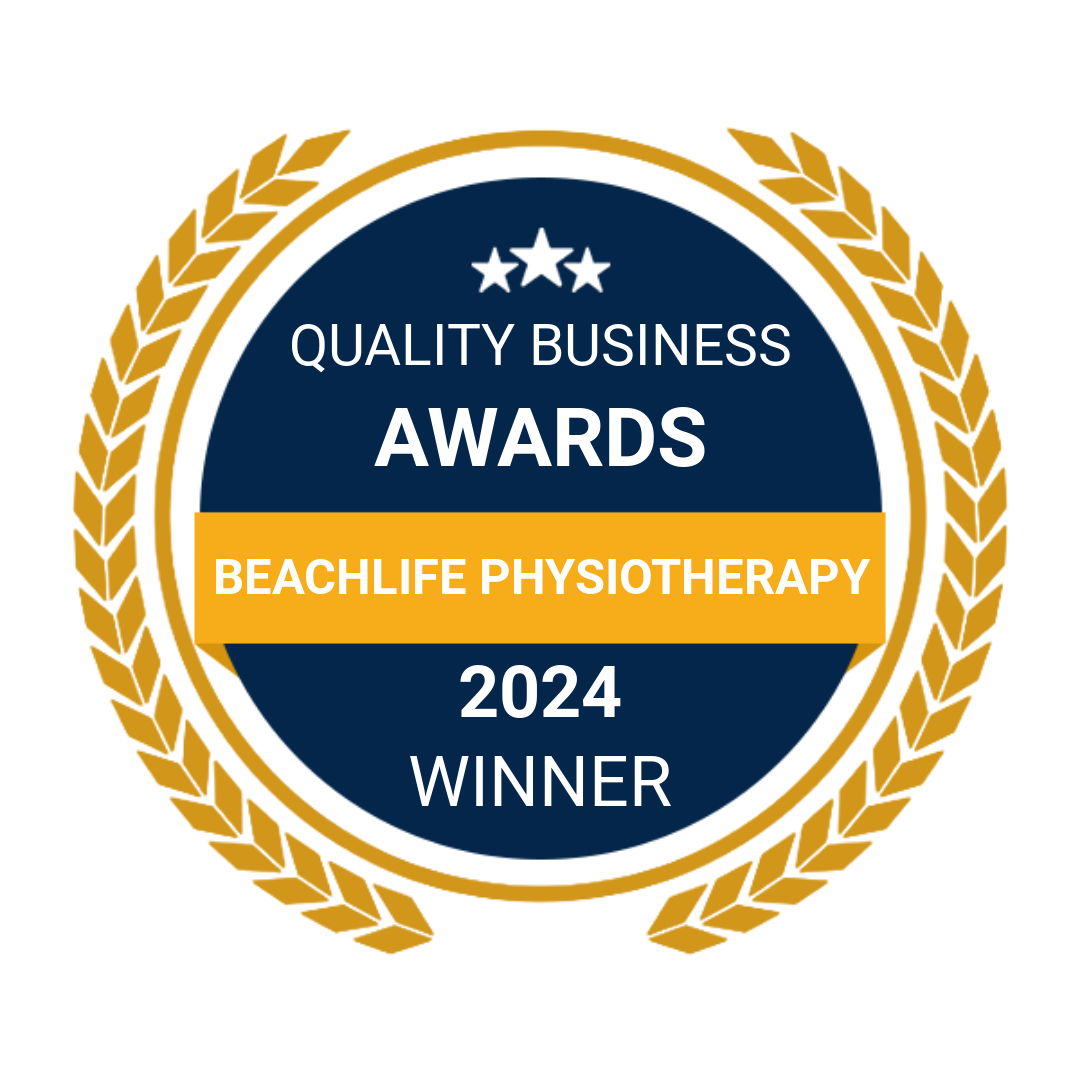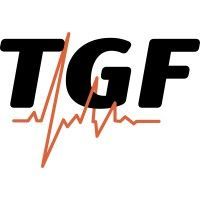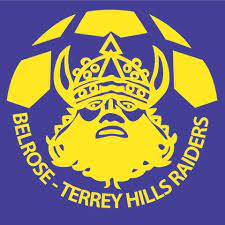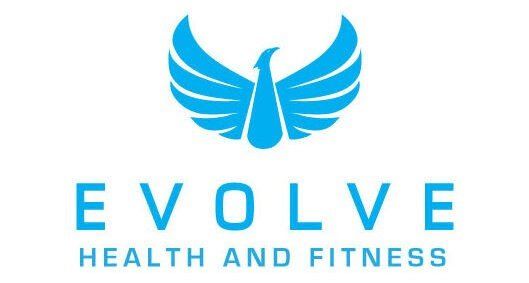5 Myths about Lower Back Pain
Here are some common myths surrounding lower back pain:

Lower back pain is a prevalent condition and there are several myths and misconceptions associated with it.
Myth 1: Rest is the best treatment for lower back pain
While it's important to avoid activities that exacerbate the pain in the acute phase, prolonged rest and inactivity can actually hinder recovery. Gentle movement, exercises and staying active within your pain tolerance are generally recommended for managing lower back pain.
Myth 2: Lower back pain is always caused by a serious structural problem
Most cases of lower back pain are not caused by a serious underlying structural issue, such as a herniated disc or spinal fracture. The majority of lower back pain is due to muscle strains, sprains, or overuse injuries. However, it's essential to have a proper evaluation by a healthcare professional to determine the specific cause of your pain.
Myth 3: Imaging tests always reveal the cause of lower back pain
While imaging tests like X-rays, CT scans, or MRIs can be helpful in certain cases, they do not always provide a definitive explanation for lower back pain. Many people without symptoms also have structural abnormalities in their spines. Therefore, imaging is usually reserved for cases where there are specific indications based on the clinical evaluation.
Myth 4: Surgery is the only solution for lower back pain
Surgery is rarely the first-line treatment for lower back pain. Most cases can be effectively managed with conservative treatments such as physical therapy, exercise, pain medication, and lifestyle modifications. Surgery is typically reserved for individuals with severe and specific conditions that have not responded to conservative treatments.
Myth 5: Exercise will make lower back pain worse
On the contrary, appropriate exercise and physical activity can actually help alleviate lower back pain. Strengthening the muscles supporting the spine, improving flexibility, and maintaining a healthy weight can help prevent and manage lower back pain.
Remember, it's crucial to consult with our health professionals for an accurate diagnosis and appropriate management of lower back pain.
We can help debunk myths, provide evidence-based advice and guide you toward the most effective treatment options for your back problems.
